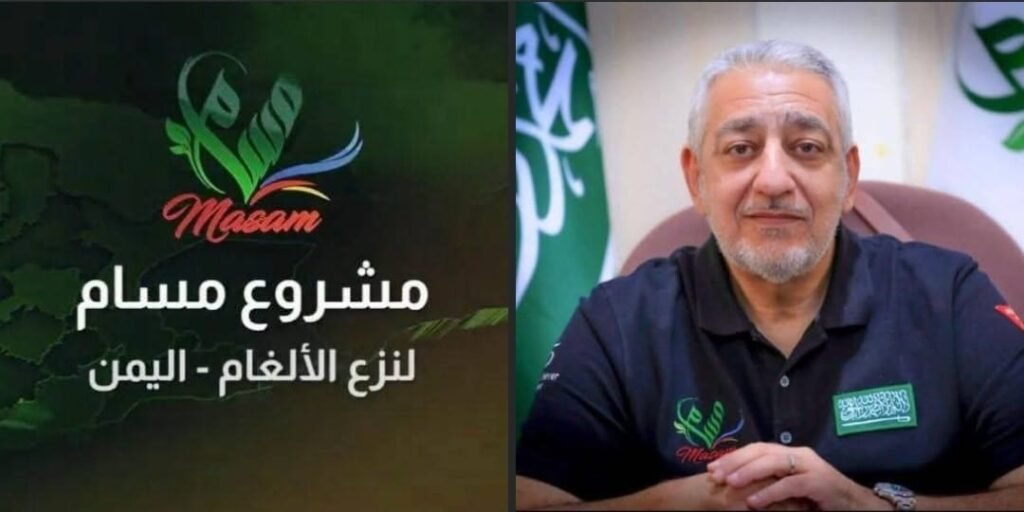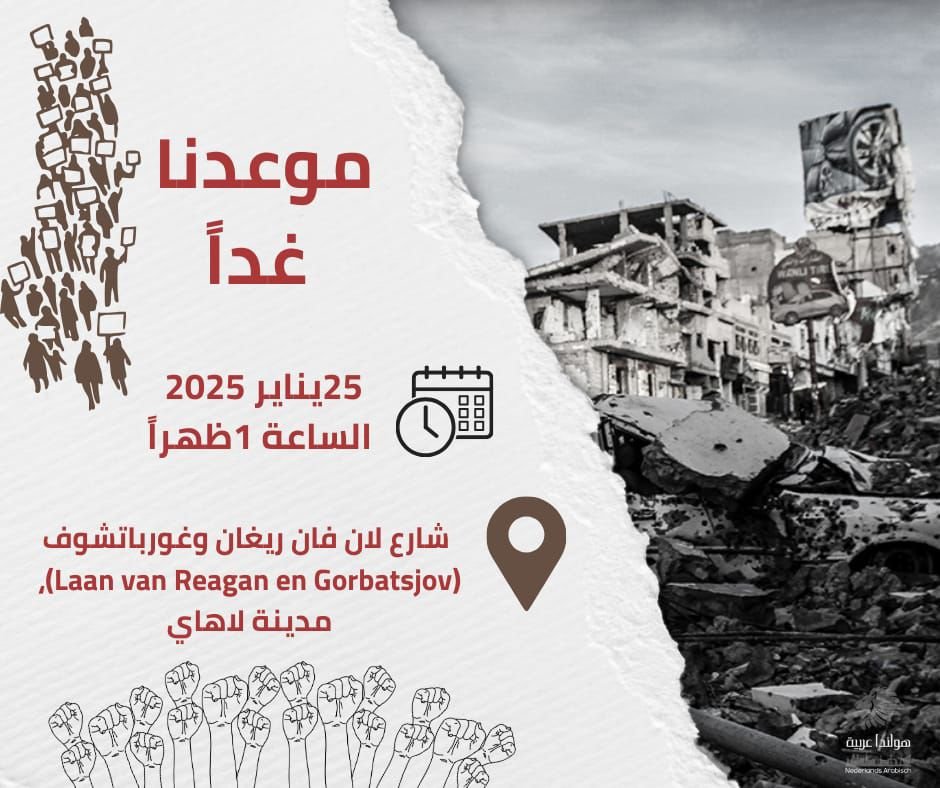
In an exclusive interview with Mr. Nasser Al-Qaddari, various issues were discussed regarding the performance and standards followed by international organizations, especially UNICEF, in assessing the needs of affected countries. The discussion also covered ways to improve transparency and oversight of these organizations.
The focus was initially on the issue of identifying the most in-need countries, with references made to inconsistencies in the applied criteria and the influence of external pressures on this selection process. The discussion also touched on the escalating humanitarian crisis in Yemen, which has been removed from UNICEF’s list of the most in-need countries. This decision raised questions about the adopted criteria and the foundations upon which such decisions should be based.
Regarding the issue of aid distribution, concerns were raised about the lack of clarity on how the aid is utilized and whether it reaches the intended beneficiaries, especially given the severe humanitarian conditions in Yemen. There is growing interest in ensuring transparency in the spending and financial practices of these international organizations. This has led to calls for independent oversight committees to rigorously address these matters and investigate how the aid is allocated and directed.
In conclusion, Mr. Nasser Al-Qaddari expressed an urgent need for the establishment of effective and transparent oversight committees to monitor the performance of international organizations and ensure the implementation of clear and fair standards in aid distribution. He emphasized the importance of achieving a balance between respecting the independence of these organizations and holding them accountable to ensure that aid reaches those who need it most.


